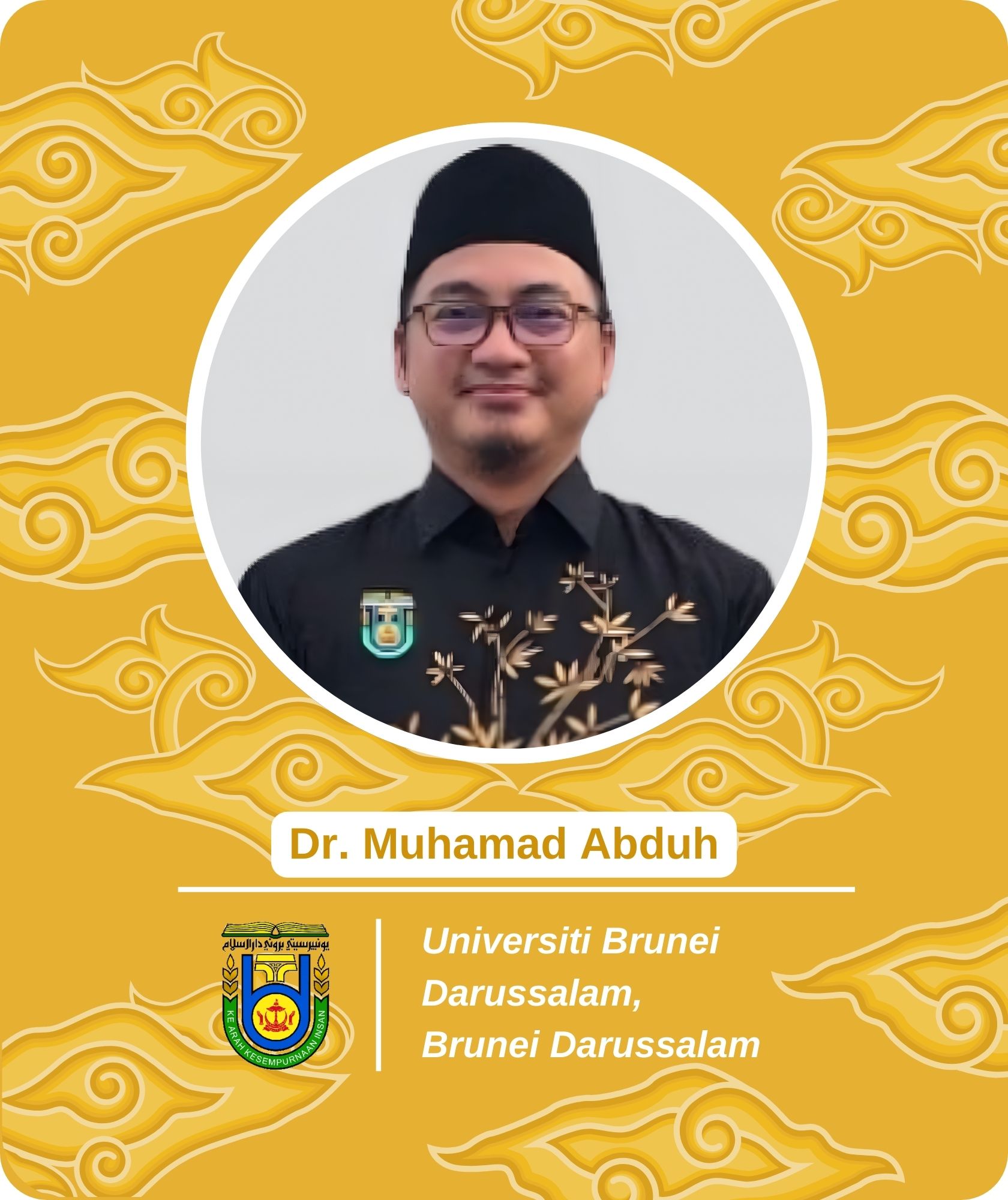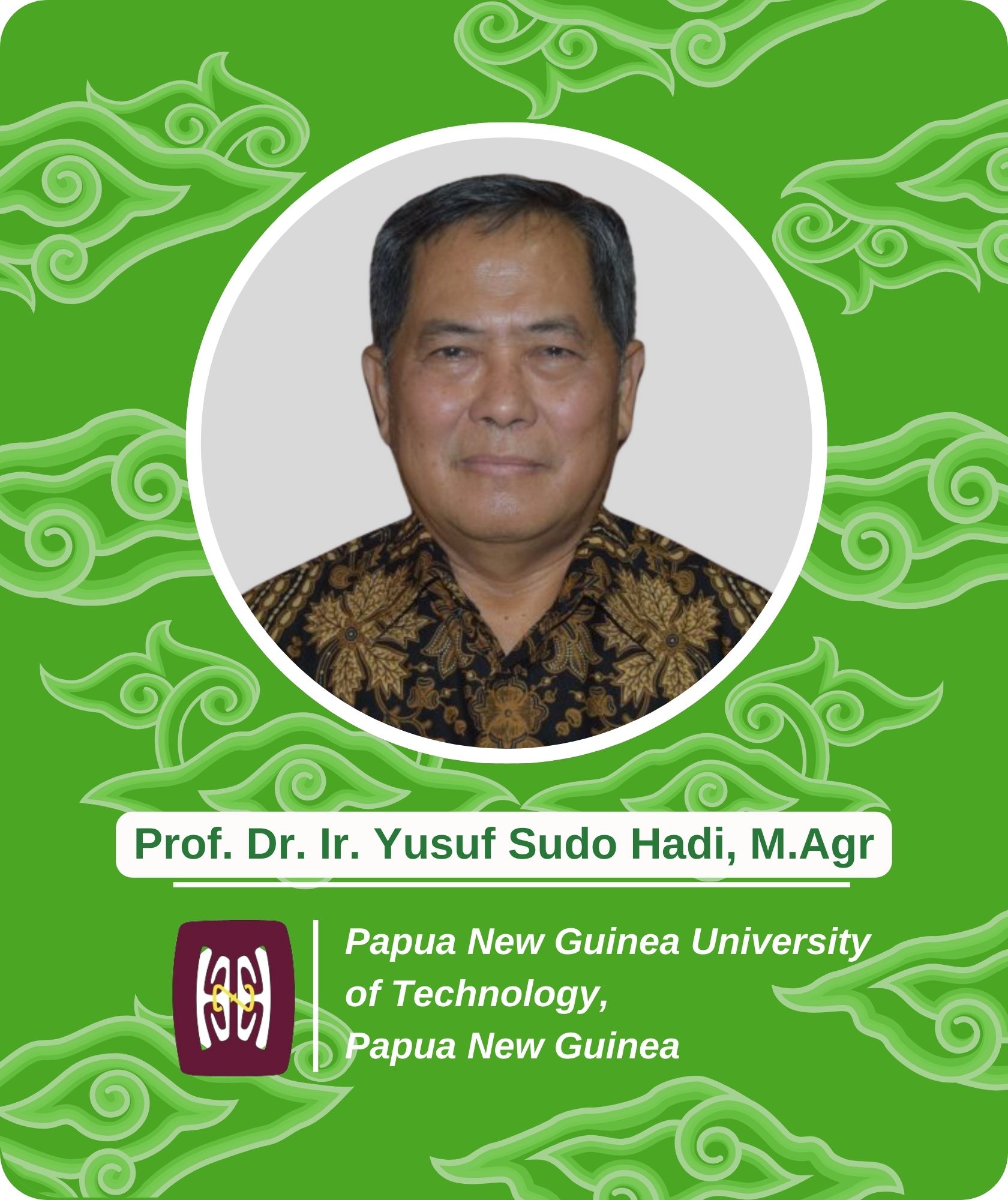Adapting to smart farming: Communication media and local knowledge in overcoming technical challenges
Keywords:
communication media, farmer adaptation, smart farmingAbstract
Smart farming has great potential for improving agricultural productivity and addressing global food security. However, the adoption of these technologies remains a challenge, particularly for smallholder farmers in developing countries. This study investigates the technical challenges faced by farmers in West Java, Indonesia, in adopting smart farming and explores how communication media and local knowledge facilitate adaptation. Using a qualitative approach, data were collected through in-depth interviews and field observations of seven participants, including farmers who had used smart farming for horticultural crop management, agricultural extension workers, and representatives of smart farming technology vendor companies in Subang Regency, West Bandung Regency, Bogor City, and Sumedang Regency. The study findings revealed that limited infrastructure, extreme climate variation, limited land availability, uneven nutrient distribution, suboptimal sensor performance, component damage, complex tool calibration, and limited technical support are the major technical barriers. Farmers overcome this challenge using communication media to exchange experiences, access information for technical advice, and utilize local knowledge by combining traditional skills with modern technology. This study concludes that communication media and local knowledge are essential drivers of smart-farming adaptation. Stronger technical support, digital literacy programs, and farmer-centered agricultural technology design are crucial to enhance adoption. These findings highlight the need for targeted policies to improve infrastructure, expand training programs, and ensure that smart farming technologies are accessible and practical for smallholder farmers.




















